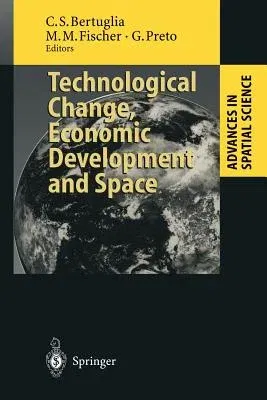The pressures of global competition are affecting regions throughout the
world and making it increasingly necessary to understand the complex
underlying mechanisms and the potential for innovation offered by new
technology. Success in economic restructuring depends not only on the
technology itself, but the professional and entrepreneurial skills
available and the support of provided by institutions and information
networks. The very local nature these phenomena, which are critical to
the innovative propensity of firms operating within the region,
introduces an inevitable spatial dimension. The time therefore seems
ripe to bring together contributions from scholars working in different,
but related disciplines, with the aim of investigating the triangular
relationship between technological change, economic development and
space. The present volume offers a compact review of current theoretical
developments and valuable insights deriving from recent empirical
studies carried out both within Europe and elsewhere. All those
contributing to this volume are actively involved in research in the
field. Without their intellectual contribution and willingness to
participate in this joint project, the book would not have been
possible. We should like, in addition, to thank Angela Spence for her
capable assistance in coordinating the various stages of preparation of
the book, as well as her translation work and careful linguistic
editing. Thanks also go to Paola Stasi for her meticulous copy editing
and help in preparing the indices. Their work has been invaluable in
moulding together in a single volume contributions from so many
different sources.


